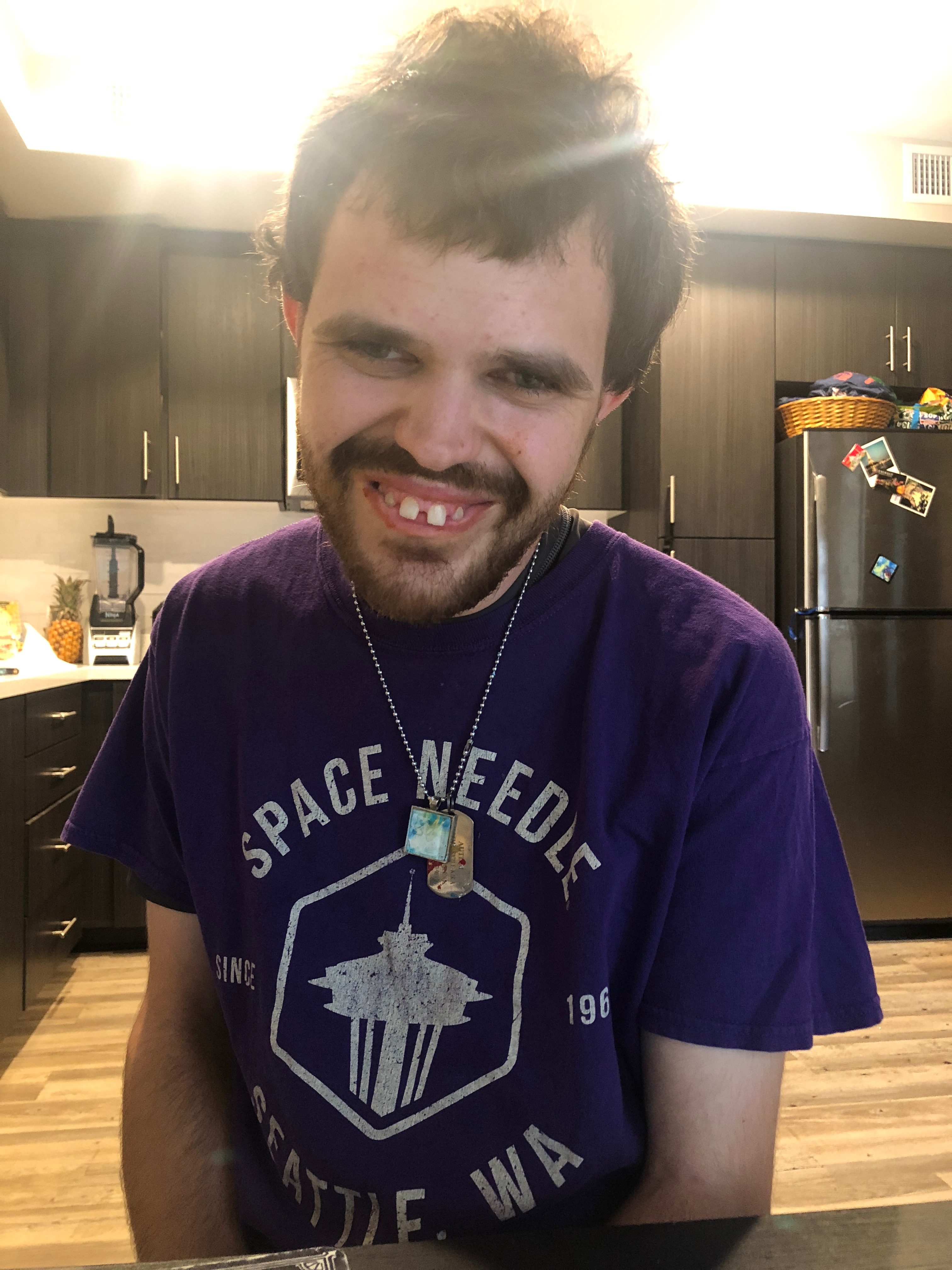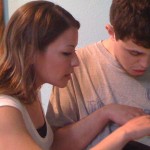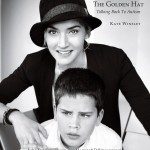For those interested, the following is my letter in response to the proposed position statement by the ASHA American Speech-Language-Hearing Ad Hoc Committee on Facilitated Communication (FC) and Rapid Prompting Method (RPM). The proposed policy can be read here.
Dear ASHA Board of Directors:
My name is Chantal Sicile-Kira and I am the author of five books on autism, an International speaker, and I am known for my practical advice to parents and educators. Many years ago, I worked for two years at Fairview State Hospital (now called Fairview Developmental Center) and taught functional and community living skills to the first group of young adults in preparation for de-institutionalized following the passage of the Lanterman Act. I also worked for a short time at Orange County Regional Center as a case manager to families of children with developmental disabilities.
As well, I have 25 years of experience in non-profit leadership roles related to autism, including two years as Co-Chair, South Counties Autism Regional Taskforce, reporting to the California Legislative Blue Ribbon Commission on Autism, and two years as Member, Taskforce on Transitional Services & Supports reporting to the California Legislative Blue Ribbon Commission on Autism. I am also the parent of Jeremy, a 29 year old who learned academics and communication skills using RPM (The Rapid Prompting Method), and continues to do so as a fully-included productive individual with a number of trained communication partners.
I respectfully encourage ASHA to withdraw the proposed position statement in regards to RPM. I am very concerned that The Ad Hoc Committee has refused to consider input or evidence from users and ASHA members with experience in these methodologies. Such important policy decisions should involve a careful unbiased examination of different viewpoints. I believe that more research is indeed needed. I also believe that a professional or parent trained in the methodology is capable of making a decision on whether or not a method is worth trying with a certain individual, and then verifying success or not on a case by case situation.
I share my experience below with my son’s permission. We hope this will enlighten you as to how for certain individuals, RPM can be an effective method of academic and communication skills.
While doing research on educational methodologies and medical interventions to write my books, I read about the evidence- based practices that were considered effective. I also learned about educational methodologies and medical interventions that did not yet have research evidence, because no research had yet been done. However, some of these interventions were effective with some individuals. As a parent and autism professional, I believe that there are practices that can be tried and validated on an individual basis. RPM is one of those.
I first heard of RPM when doing the research to write one of my books, Autism Spectrum Disorders (2004 Penguin, Autism Society of America, Book of the Year 2004; Revised-edition 2014 Penguin). I decided to try it with my son, as it made sense for him and his challenges. Jeremy received direct instruction from Soma Mukhopadhyay (at the time living in LA) twice a month, and I practiced with him every day for half an hour. We did this for approximately two years.
When Jeremy was born he was hypotonic. He needed physical therapy to learn to sit straight, and to use his arms and legs. Every time he learned a new skill (ie eating with a spoon or fork) he needed hand over hand prompting. He had speech therapy as a toddler, but it was not effective (again, muscle tone challenges). When he was 5-6 years old he had a supervised home-based ABA Lovaas program. I did ten of the 40 hours of ABA therapy a week myself, which meant I learned about how Jeremy learned – or didn’t learn.
Jeremy learned to identify and correctly label verbally over 100 pictures. However, if you put the pictures in front of him, he could not give you the correct picture requested at a 80-100% success rate. Since he could verbally identify the objects introduced to him one by one, we knew he had receptive language. When he was 7 PECS was tried both at home and school. He communicated using a sentence for first time using the “I want… “ sentence strip plus icons in a binder (iPads did not exist till he was out of high school). He had a difficult time choosing the icon out of the binder books and putting it on the strip (vision processing and motor challenges). He never progressed past the “I want” sentence. Professionals over the years described Jeremy as having challenges similar to a person with CP. He continues to have sensori-motor challenges and visual processing challenges, although these have improved over the years with exercise and therapy.
Therefore, when I heard about RPM, it sounded like something that was worth trying with Jeremy. Success was slow, but obvious. It was not a “magic pill” and it did not cure his autism – but that was not my goal. My goal was effective communication with a variety of communication partners for use in daily life and with living skills, and to allow him to make choices and decisions, to blossom as an individual, and have a productive life as an adult.
When Jeremy was in high school he began using RPM at school with a variety of communication partners trained and supervised by a Speech and Language Pathologist trained in FC who understood the strategy of RPM.
Jeremy graduated from high school at age 21 with a full academic diploma. He auditioned for, and was chosen to give a commencement speech at graduation. During his high school years he was able to participate in general education classes, as well as a class in journalism. In his English classes and his journalism class, Jeremy learned effective writing skills and his love of writing to share his thoughts and opinions. He was asked to write a monthly column for the school newspaper.
More importantly, Jeremy was able to communicate appropriately and effectively when he was sick or in pain. He was able to make choices and life impacting -decisions and tell us what he was feeling. Thanks to learning communication skills via RPM, Jeremy now has a full and productive life, fully – included in his community. For more details in regards to his accomplishments since high school, please read his attached resume. (For those reading this blog post, some of Jeremy’s accomplishments are listed on his website).
Without having a way to communicate, Jeremy would never have been able to tell us about his gift of synesthesia, and we would not have been able to encourage him to follow this path as a career. As you know, the unemployment rate for autistic adults is very high. We are grateful that we found out he has a gift that can help him be productive.
If ASHA’s mission is “Making effective communication, a human right, accessible and achievable for all,” then why are some in ASHA suggesting withdrawing a system of communication that is obviously effective for some people? Clearly more research is needed. But if finalized, the proposed statements would severely restrict ASHA members’ discretion and ability to exercise professional judgment. It would also and would make ASHA’s assertions about wanting to respect “client preferences and values” untrue.
I hope that ASHA does the right thing and upholds the human rights of all, including those who communicate in the manner that my son does.
Sincerely and respectfully,
Chantal Sicile-Kira











